Cybersecurity is the protection against access to, or alteration of, computing systems, networks, and sensitive information through the use of technology, processes, and training (K-12 CS Framework). The foundational content for all students includes some learning outcomes related to cybersecurity. For continued learning beyond the foundation, we have defined the following content progression that includes two additional levels (fundamentals and specialty) that progressively build on this content. This progression might lead to a major in cybersecurity or to earning industry certifications, followed by a career as a network technician, security analyst, or network systems administrator.
Prioritized Foundational Content Specific to Cybersecurity:
see below
see below
see below
see below
The Pathway Capstone Course is an opportunity for students to apply advanced computer science knowledge and problem-solving, communication, and collaboration skills to tackle a personally meaningful computing project. Students will design innovative solutions and present them to authentic audiences, preparing them for future academic and professional pursuits. This course is designed to inspire creativity, foster collaboration, and demonstrate proficiency in real-world application of the knowledge, skills, and dispositions developed during prior coursework and experiences.
View the Implementation and Integrating CS pages to learn more about how to teach foundational and specialty content to students.
This project is supported by the National Science Foundation (NSF) under Grant No. 2311746. Any opinions, findings, and conclusions or recommendations expressed in this material are those of the author(s) and do not necessarily reflect the views of the NSF.













